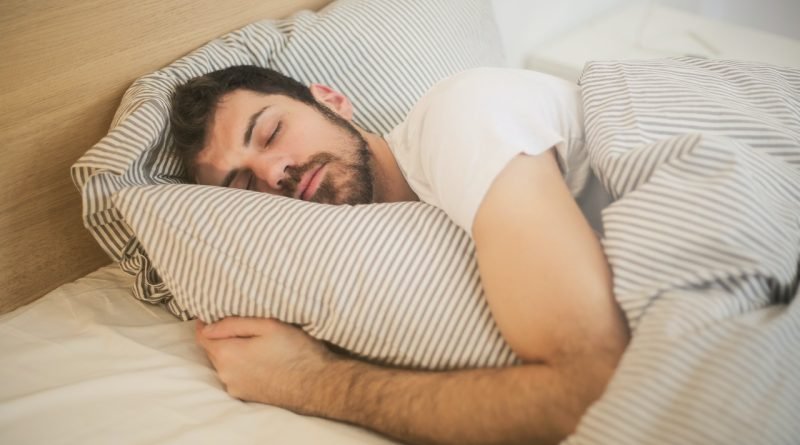How to Lose Weight by Getting More Sleep
Insufficient sleep has become a widespread issue in modern society. Most of us believe that we can get more done in a day if we only get a few hours of sleep each night, despite our hectic schedules. We really become less productive and more prone to gaining weight when we don’t get enough sleep. Getting a good night’s rest is crucial to our well-being and weight loss efforts.
Many individuals realize that sleep is equally vital for keeping a healthy weight. When we sleep, leptin helps regulate appetite. Sleep deprivation can interfere with leptin synthesis, causing hunger and high-calorie food cravings. Sleep deprivation can also increase cortisol levels, which promotes belly fat storage. If you’re attempting to lose weight, get enough sleep. Sleep can help you lose weight and feel better.
Sleep deprivation is a common problem that can have serious consequences. One of the most important functions of sleep is to regulate hormone levels. When you don’t get enough sleep, your body produces less leptin, the hormone that signals when you’re full. At the same time, it produces more ghrelin, the hormone that stimulates your appetite. As a result, you’re more likely to feel hungry and eat more than you would if you were well-rested.
Sleep deprivation can also lead to weight gain by affecting how your body processes and stores fat. In addition to increasing your appetite, it can also make you less likely to exercise and more likely to crave sugary and high-fat foods. If you’re trying to lose weight or maintain a healthy weight, getting enough sleep is essential.
Sleep deprivation increases cortisol, a stress hormone that stimulates weight gain.
Most individuals know that not getting enough sleep makes them fatigued the next day. Chronic sleep deprivation can lead to weight increase, which many don’t know. Insufficient sleep increases cortisol, a stress hormone that induces fat storage.
Sleep deprivation can affect appetite hormones, causing unhealthy food desires. To lose weight, get enough rest. Getting enough sleep will help you maintain a healthy weight and make you more productive.
To lose weight, aim to get at least seven hours of sleep per night. Studies have shown that people who sleep less than seven hours per night are more likely to be obese. Sleeping more helps to regulate hormones that control appetite and metabolism. In addition, sleeping helps to reduce stress levels, which can lead to overeating.
Getting enough sleep is an important part of any weight loss plan. By getting seven hours of sleep per night, you will be giving your body the rest it needs to function properly. In turn, you will be more likely to lose weight and keep it off.
Follow these tips for getting a good night’s sleep:
A good night’s sleep is essential for both physical and mental health. Unfortunately, busy schedules and stress can make it difficult to get the rest you need.
However, there are a few simple tips that can help you get a better night’s sleep. Avoiding caffeine and alcohol before bedtime can help you fall asleep more easily. Establishing a regular bedtime routine can also be helpful, as it signals to your body that it’s time to wind down for the night.
In addition, keeping your bedroom cool and dark can help you stay asleep longer. Finally, avoid using electronic devices in bed, as the blue light they emit can interfere with your body’s natural sleep cycle. By following these tips, you can get the best night’s sleep possible.



